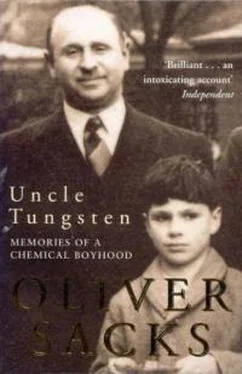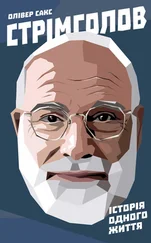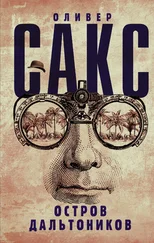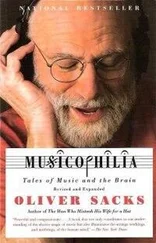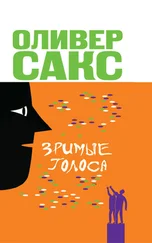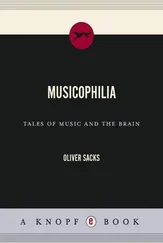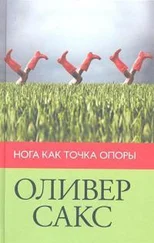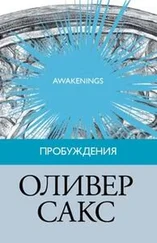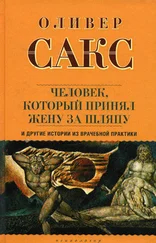Thus, by a thrilling convergence, two ancient problems were solved at the same time: the shining of stars, and the creation of the elements. Bohr had imagined an aufbau , a building up of all the elements starting from hydrogen, as a purely theoretical construct – but such an aufbau was realized in the stars. Hydrogen, element I, was not only the fuel of the universe, it was the ultimate building block of the universe, the primordial atom, as Prout had thought back in 1815. This seemed very elegant, very satisfying, that all one needed to start with was the first, the simplest of atoms. [71]
* * *
Bohr’s atom seemed to me ineffably, transcendently beautiful – electrons spinning, trillions of times a second, spinning forever in predestined orbits, a true perpetual-motion machine made possible by the irreducibility of the quantum, and the fact that the spinning electron expended no energy, did no work.
And more complex atoms were more beautiful still, for they had dozens of electrons weaving separate paths, but organized, like tiny onions, in shells and subshells. They seemed to me not merely beautiful, these gossamer but indestructible things, but perfect in their way, as perfect as equations (which indeed could express them) in their balancing of numbers and forces and shieldings and energies. And nothing, no ordinary agency, could upset their perfections. Bohr’s atoms were surely close to Leibniz’s optimum world.
‘God thinks in numbers’, Auntie Len used to say. ‘Numbers are the way the world is put together.’ This thought had never left me, and now it seemed to embrace the whole physical world. I had started to read a little philosophy at this point, and Leibniz, so far as I could understand him, appealed to me especially. He spoke of a ‘Divine mathematics’, with which one could create the richest possible reality by the most economical means, and this, it now seemed to me, was everywhere apparent: in the beautiful economy by which millions of compounds could be made from a few dozen elements, and the hundred-odd elements from hydrogen itself; the economy by which the whole range of atoms was composed from two or three particles; and in the way that their stability and identity were guaranteed by the quantal numbers of the atom itself – all this was beautiful enough to be the work of God.
25. The End of the Affair
It was ‘understood’, by the time I was fourteen, that I was going to be a doctor; my parents were doctors, my brothers in medical school. My parents had been tolerant, even pleased, with my early interests in science, but now, they seemed to feel, the time for play was over. One incident stays clearly in my mind. It was 1947, a couple of summers after the war, and I was with my parents in our new Humber touring the South of France. Sitting in the back, I was talking about thallium, rattling on and on and on about it: how it was discovered, along with indium, in the 1860 s, by the brilliantly colored green line in its spectrum; how some of its salts, when dissolved, could form solutions nearly five times as dense as water; how thallium indeed was the platypus of the elements, with paradoxical qualities that had caused uncertainty about its proper placement in the periodic table – soft, heavy, and fusible like lead, chemically akin to gallium and indium, but with dark oxides like those of manganese and iron, and colorless sulphates like those of sodium and potassium. Thallium salts, like silver salts, were sensitive to light – one could have a whole photography based on thallium!
The thallous ion, I continued, had great similarities to the potassium ion – similarities which were fascinating in the laboratory or factory, but utterly deadly to the organism, for, biologically almost indistinguishable from potassium, thallium would slip into all the roles and pathways of potassium, and sabotage the now-helpless organism from within. As I babbled on, gaily, narcissistically, blindly, I did not notice that my parents, in the front seat, had fallen completely silent, their faces bored, tight, and disapproving – until, after twenty minutes, they could bear it no longer, and my father burst out violently: ‘Enough about thallium!’
* * *
But it was not sudden – I did not wake up one morning and find that chemistry was dead for me; it was gradual, it stole upon me bit by bit. It happened at first, I think, without my even realizing it. It came upon me sometime in my fifteenth year that I no longer woke up with sudden excitements – ’Today I will get the Clerici solution! Today I will read about Humphry Davy and electric fish! Today I will finally understand diamagnetism, perhaps!’ I no longer seemed to get these sudden illuminations, these epiphanies, those excitements which Flaubert (whom I was now reading) called ‘erections of the mind.’ Erections of the body, yes, this was a new, exotic part of life – but those sudden raptures of the mind, those sudden landscapes of glory and illumination, seemed to have deserted or abandoned me. Or had I, in fact, abandoned them? For I was no longer going to my little lab; I only realized this when I wandered down one day and saw a light layer of dust on everything there. I had scarcely seen Uncle Dave or Uncle Abe for months, and I had ceased to carry my pocket spectroscope with me.
There had been times when I would sit in the Science Library, entranced for hours, totally oblivious to the passage of time. There were times when I seemed to see ‘lines of force’ or electrons dancing, hovering, in their orbitals, but now this half-hallucinatory power was gone too. I was less dreamy, more focused, school reports said – that, perhaps, was the impression I gave – but what I felt was wholly different; I felt that an inner world had died and been taken from me.
I often thought of Wells’s story about the door in the wall, the magic garden the little boy gets admitted to, and his subsequent exile or expulsion from it. He does not notice at first, in the press of life and outer achievement, that he has lost something, then the consciousness of this begins to grow on him, eroding and finally destroying him. Boyle had called his lab an ‘Elysium’; Hertz had spoken of physics as ‘an enchanted fairyland.’ I felt I was now outside this Elysium, that the doors of the fairyland were now closed to me, that I had been expelled from the garden of numbers, the garden of Mendeleev, the magic play realms to which I had had admittance as a boy.
* * *
With the ‘new’ quantum mechanics, developed in the mid-1920 s, one could no longer see electrons as little particles in orbit, one had to see them now as waves; one could no longer speak of an electron’s position, only of its ‘wave function’, the probability of finding it in a particular place. One could not measure its position and velocity simultaneously. An electron, it seemed, could be (in some sense) everywhere and nowhere at once. All this set my mind reeling. I had looked to chemistry, to science, to provide order and certainty, and now suddenly this was gone. [72]I found myself in a state of shock, and I was past my uncles now, and in deep water, alone. [73]
This new quantum mechanics promised to explain all of chemistry. And though I felt an exuberance at this, I felt a certain threat, too. ‘Chemistry’, wrote Crookes, ‘will be established upon an entirely new basis… We shall be set free from the need for experiment, knowing a priori what the result of each and every experiment must be.’ I was not sure I liked the sound of this. Did this mean that chemists of the future (if they existed) would never actually need to handle a chemical; might never see the colors of vanadium salts, never smell a hydrogen selenide, never admire the form of a crystal; might live in a colorless, scentless mathematical world? This, for me, seemed an awful prospect, for I, at least, needed to smell and touch and feel, to place myself, my senses, in the middle of the perceptual world. [74]
Читать дальше
